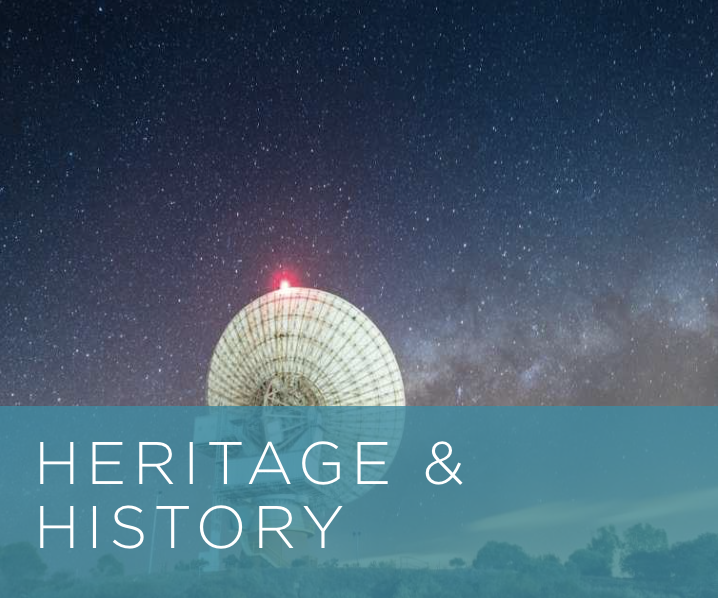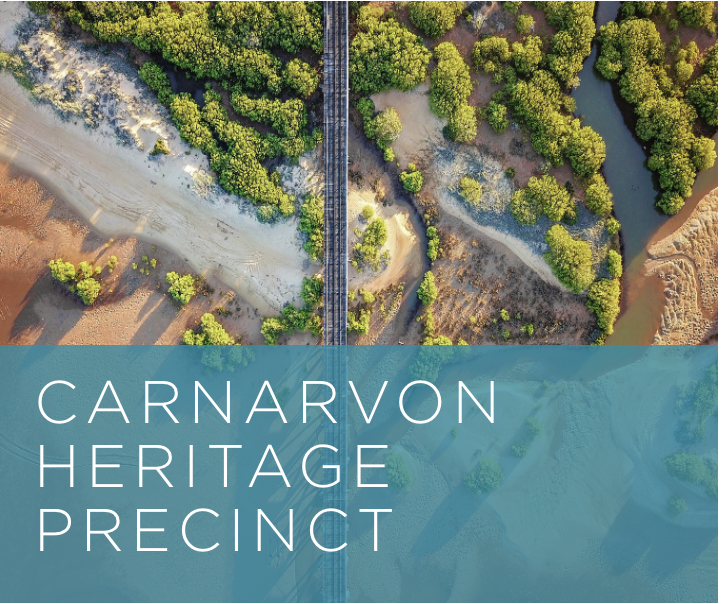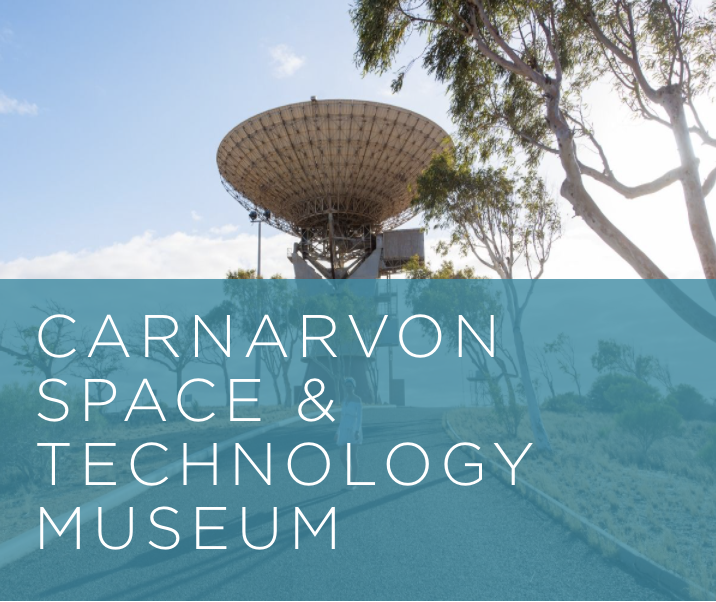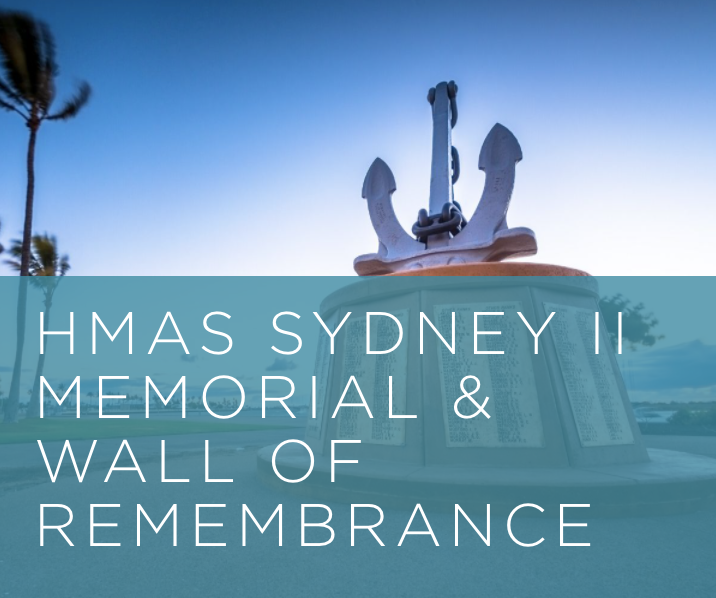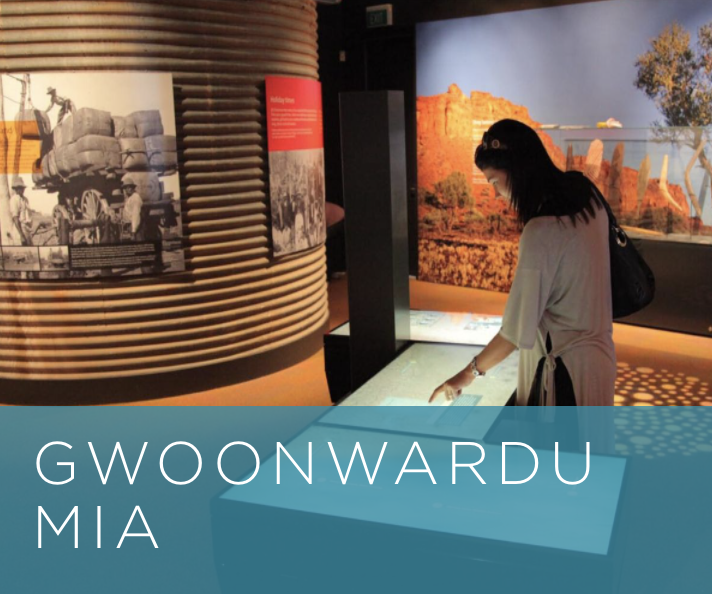BERNIER & DORRE LOCK HOSPITAL TRAGEDY
BERNIER & DORRE ISLANDS
Bernier and Dorre Islands are located west of Carnarvon, it’s home to some of the rarest wildlife in the world and are ‘A’ Class nature reserves.
The value of Bernier and Dorre Islands Nature Reserve to world biodiversity contributed to Shark Bay’s inclusion on the World Heritage List as they are the last bastion for five critically endangered land mammals, four of which occur naturally in the wild nowhere else – the Shark Bay mouse, western barred bandicoot, banded hare-wallaby, and rufous hare-wallaby. Populations of the boodie (burrowing bettong) occur elsewhere but the survival of this species depends on conservation intervention.
Access to Dorre Island is prohibited for quarantine purposes. It is the only natural population of western barred bandicoots free of a papilloma virus.
To reduce potential wildfire, weed, pest and disease risks to Bernier Island, camping is not permitted. Fires are also prohibited on the island.
DOWNLOAD A BROCHURE ON BERNIER & DORRE ISLANDS NATURE RESERVES
BERNIER & DORRE LOCK HOSPITAL TRAGEDY
The Lock Hospitals off the coast of Carnarvon on Bernier and Dorre Islands were the site of brutal colonial trauma inflicted on the Aboriginal population from across the state where they were forcibly placed on remote islands.
Several hundred Aboriginal people from across Western Australia were forcibly removed from their family and country to the lock hospitals. Many family members who were separated during the lock hospital scheme never saw each other again. It is conservatively estimated that more than 200 people died on the islands. The prisoner patients were said to have the non-specific diagnosis of “venereal disease”, although there are many questions about the reliability of this diagnosis.
Non-Indigenous people with venereal diseases were not subject to such measures. These lock hospitals were part of a wider history of racially based medical incarceration of Aboriginal and Torres Strait Islander people in Australia that took place in Western Australia, the Northern Territory and Queensland for almost a century from the late 1800s.
LOCK HOSPITAL TRAGEDY MEMORIAL
The Lock Hospital Tragedy Memorial ‘Don’t look at the Islands’ was installed at the Carnarvon Heritage Precinct on 17 April 2019, after the commemoration event in Carnarvon on 9 January 2019, which marked 100 years since the Lock Hospitals commenced operations of the coast of Carnarvon.
The bronze sculpture, ‘Don’t look at the Islands’ endeavors to embody the core element of forcible separation- expressed through the eyes of the children – whose parents, family and larger tribe – are physically torn apart in this horrendous debacle. Of course children were also forcibly removed to the Islands as well.
As the visitors reach the end of the Lock Hospital Walk Trail at the Carnarvon Heritage Precinct, they are confronted with a life-like sculptural recognition of the pain that was one of the most poignant aspect of this terrible history epitomised in the tales that have come down to us, of how the children reacted and coped with the horror of being separated from their parents.
This sculpture of a girl, pointing towards the islands – her hand covering her eyes – unable to even look towards these forlorn places of incarceration and pain, is based on this tragically inspirational story. We have endeavoured to capture the huge depth of the intensity of her forlornness, with this one simple gesture. Her little brother, clinging to the only ‘mother’ figure he has now, expresses the premature responsibility that this young girl will have to face, as his future guardian while, herself, too young to be cut adrift from her extended family who were often situated far away, left behind, when the children followed their parents to Carnarvon.
A PATH OF PAIN
For more information on the Lock Hospital Tragedy visit www.lockhospital.com.au. For more information on the Lock Hospital Tragedy Memorial Project visit www.lockhospitaltragedymemorial.com.au.
The Lock Hospital Working group wishes to advise that the following websites may contain images and names of Aboriginal people who have passed away and text from historical sources composed in a derogatory language. If learning about this history causes sadness or trauma, you are encouraged to seek help by calling Lifeline on 131 114 or visit www.lifeline.org.au
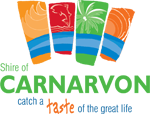
ADDRESS 21 Robinson St, Carnarvon, WA 6701
PHONE (08) 9941 1146
EMAIL info@carnarvon.org.au
The above information was sourced from www.carnarvon.org.au
